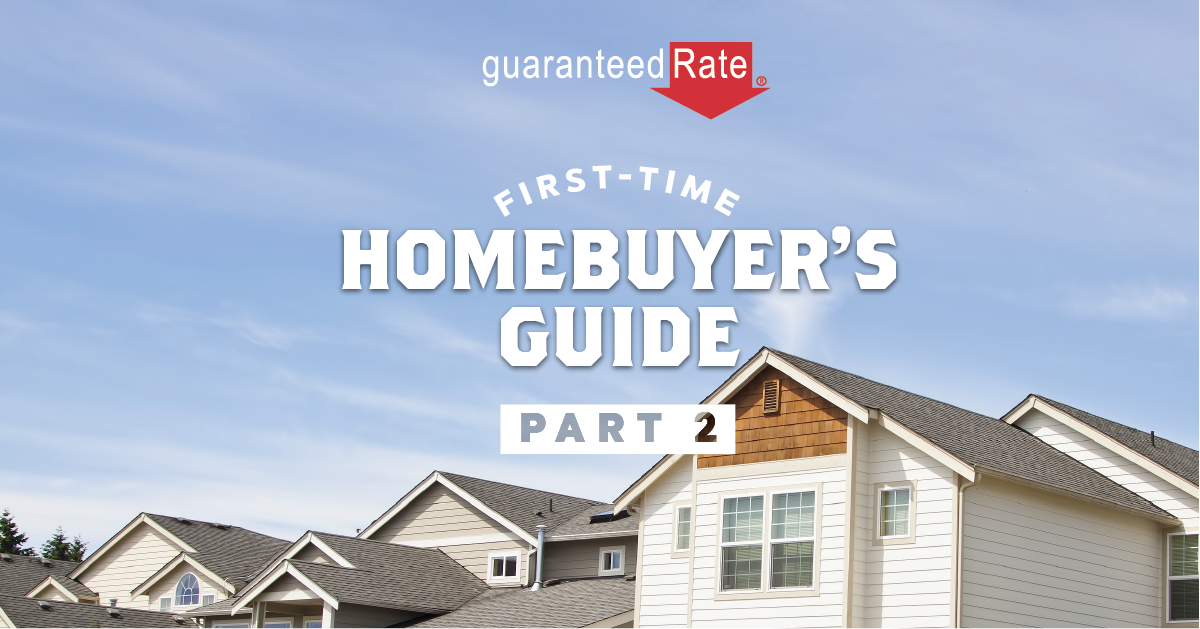First-Time Homebuyer’s Guide: Part 2
Why do you want to buy a house?

Before you decide to buy a new home, you’ll need to decide why you want to buy a new home. Like many steps in the mortgage process, this one will require a look in the mirror to determine your motives. Taking human nature into account is essential when thinking about your first home purchase. To help guide you through the thought process, we’ve outlined a few good reasons and bad reasons for seeking home ownership.
Bad Reasons
Optics
Is it a financial decision or a status decision? If you’re looking to buy a home because it just sounds cool or you just think you should, maybe because you’re a certain age, chances are you may not be ready. Owning a home extends far beyond your standing among peers; it involves financial planning, resourcefulness, and a ton of responsibilities that renting does not require.
Flipping
You’ve watched Ty Pennington on Extreme Makeover doing his thing, turning average homes into shining palaces and making it look so darn fun! You think to yourself, I could do that. Then you think to yourself, I could make money doing that. Wrong. ‘Flipping’ a house is not as easy as it sounds, and certainly not as easy as Ty and his team make it look. Buying an average or run-down property and rehabbing it for resale at a profit is something that professional contractors with years of experience often fail to do. Taking on a fixer-upper that needs moderate repairs so you can live in it comfortably is one thing, but flipping for profit is best left to the pros.
Good Reasons
Investment
Real estate is a good investment, simply because it is a limited resource within an ever-growing population. Sure, there are bubbles in the housing market and collapses like the 2008 crash, but even after that event, new home sale prices dropped less than a quarter of their pre-crash peak value and took only six years to recover.* However, buying a home as an investment requires that you occupy it long enough for its appreciation to outweigh property taxes and other expenses that you wouldn’t have to worry about as a renter.
Regular Monthly Payments
As a renter you’re at the mercy of a landlord when it comes to your monthly payment. Depending on the market or the property owner’s personal economic situation, you never know if you’ll be paying more (or much more) than the amount of the previous lease agreement. Though home ownership has its own brand of instability, you’ll know what you’re paying each month and can budget the rest of your finances accordingly.**
Creative Freedom
As a homeowner, you can decorate, landscape and renovate however you want. Other than municipal zoning restrictions, there is nothing standing in your way when it comes to updating and beautifying your surroundings. This is obviously not the case when you’re renting.
Community
If building and maintaining meaningful relationships and feeling a part of the community is important to you, owning a home creates that sense of belonging. A house means you’re invested in how the area looks, how good its schools are, and how safe it is for your family. As a renter you’re looking for a good deal in a decent neighborhood. As a homeowner you’re looking for good people to share in the creation of a great neighborhood.
In next week’s First-Time Homebuyer’s Guide…
Part 3: Review your finances
*According to Federal Reserve Economic Data (FRED). Maximum pre-crash value, $262,600 in March ’07; minimum post-crash value, $204,200 in October ’10; post-crash value exceeding pre-crash maximum, $265,100 in February, 2013. https://fred.stlouisfed.org/series/MSPNHSUS.
**Adjustable Rate Mortgage interest rates and monthly principal and interest (P&I) payments are subject to increase after initial period.